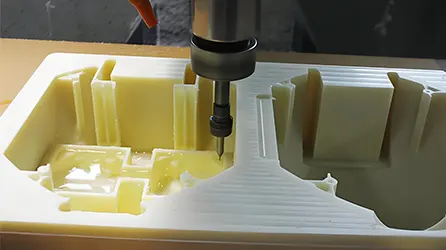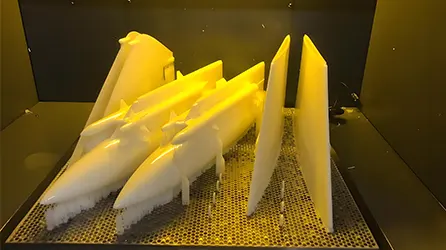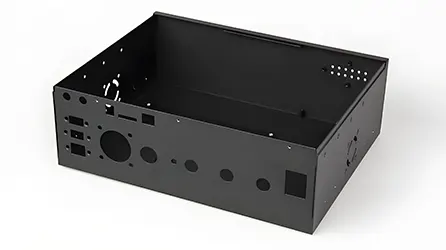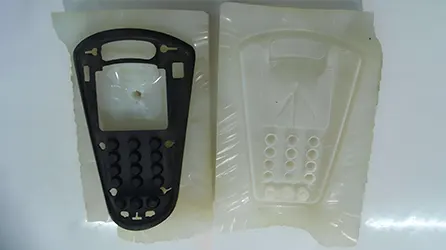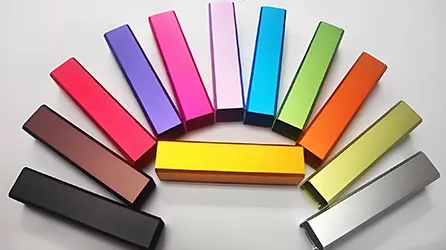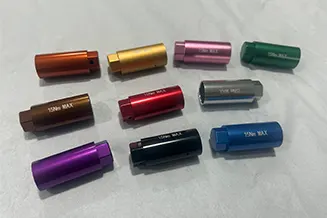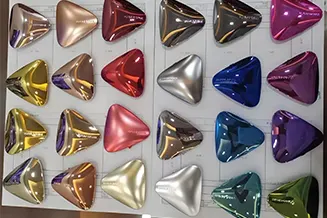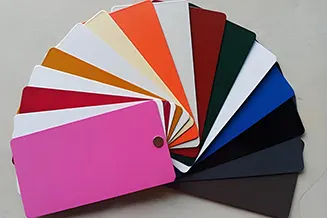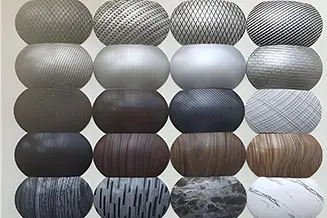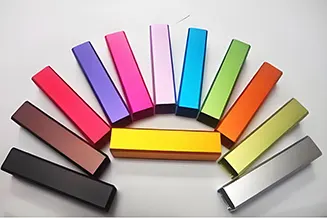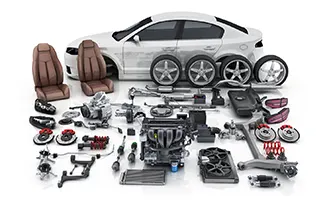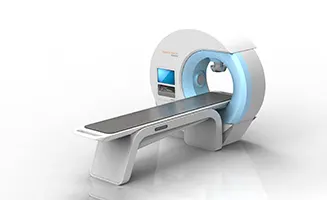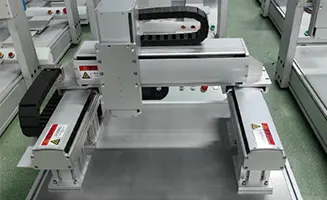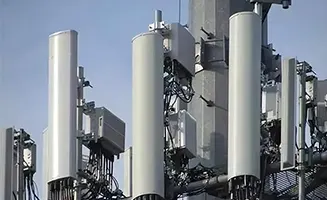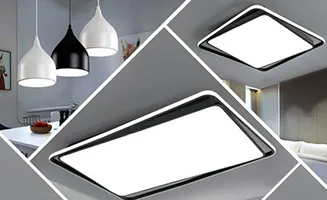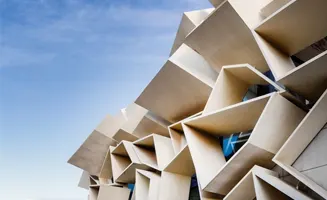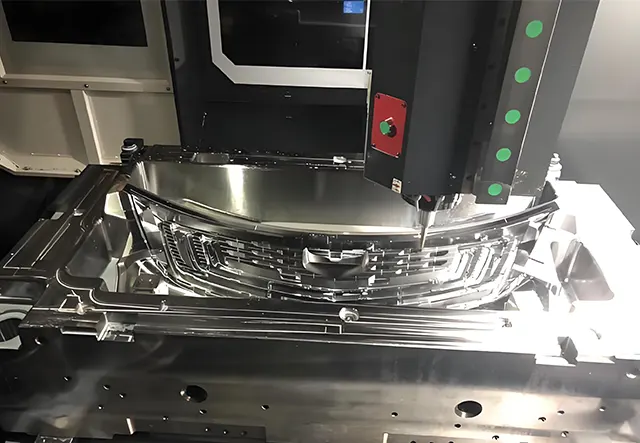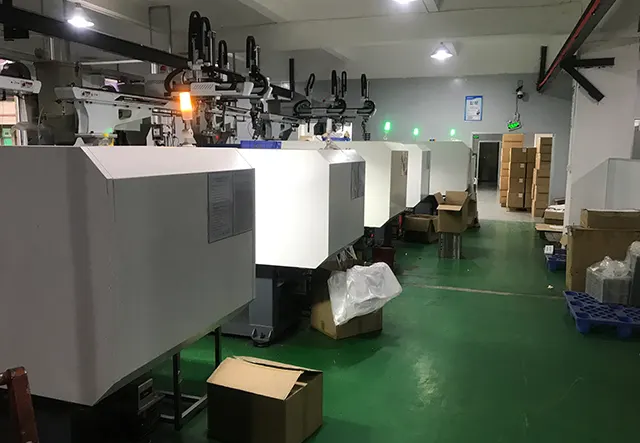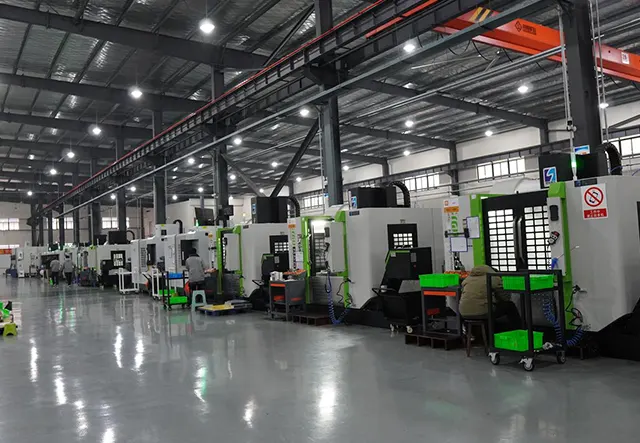Surface Treatment
We apply various surface treatments to enhance product texture or improve properties like wear resistance, corrosion resistance, heat resistance, and longevity. Common methods include natural polish, painting (matte/glossy), high polishing, grinding, sand blasting, electroplating, chrome plating, anodizing, blackening, passivation, silk-screen, laser etching, and brushing.
- Flexibility and responsiveness to meet your specific needs
- Increase your profitability & lowering production costs
- High-quality production of unique or custom products
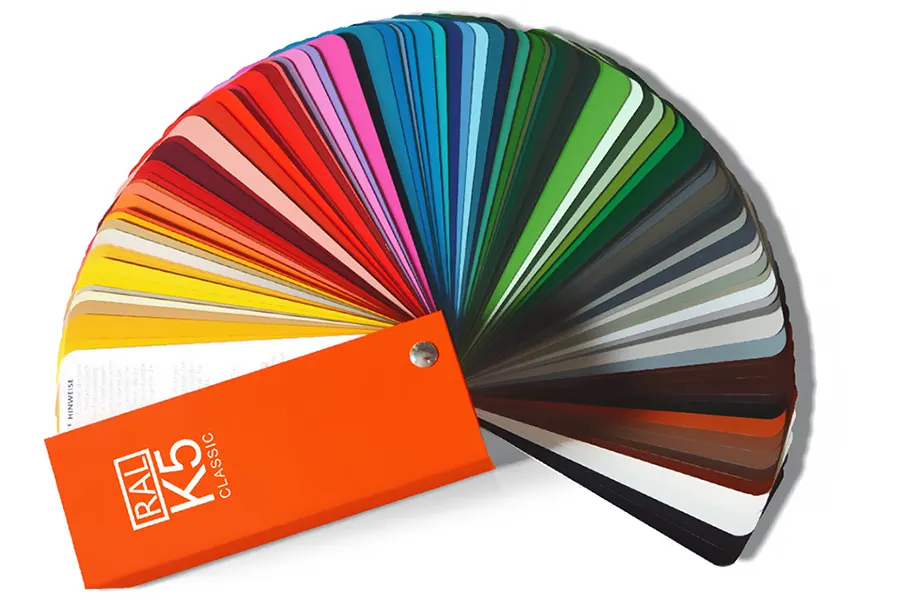
- Overview
- Feature
- Materials
- Finishes
- Why Choose Us
- Resources
Enhancing Durability with Surface Treatments
From Prototyping to Production
The surface treatments commonly used are: natural polish, painting(matte and glossy), High polishing, Grinding, Sand blasted, electroplating, chrome plating, anodizing, Blackening, passivating/passivation, silk-screen, laser etching, brush etc.
Rapid Production of Small Molded Parts
Our rapid prototyping service leverages advanced CNC machining to quickly turn your design concepts into functional prototypes. Whether it's a single part or a small batch, we guide your project from prototype development to final parts production.

Materials for Surface Treatment
Surface treatments enhance the properties of materials like metals, plastics, ceramics, and composites. Common materials include aluminum, steel, stainless steel, copper, brass, and plastics like ABS, PC, and nylon. The material choice dictates the best surface treatment for optimal wear resistance, corrosion protection, and aesthetics.
We can source any other materials upon request! If you don’t see the material you need please contact us
Why Choose Us?
Support Precision Manufacturing specializes in rapid prototyping, CNC machining, milling, turning, vacuum casting, mold development, and injection molding. We offer seamless solutions from prototype to mass production, ensuring fast, high-quality results at competitive prices to enhance your brand.
- Can make up for the risk of large capital investment before mass production.
- Diversified production materials and styles.
- Customers can grasp the production details at any time, and understand the production progress at any time.
- Some other features can be added to the parts in production, which are not restricted by the mold.
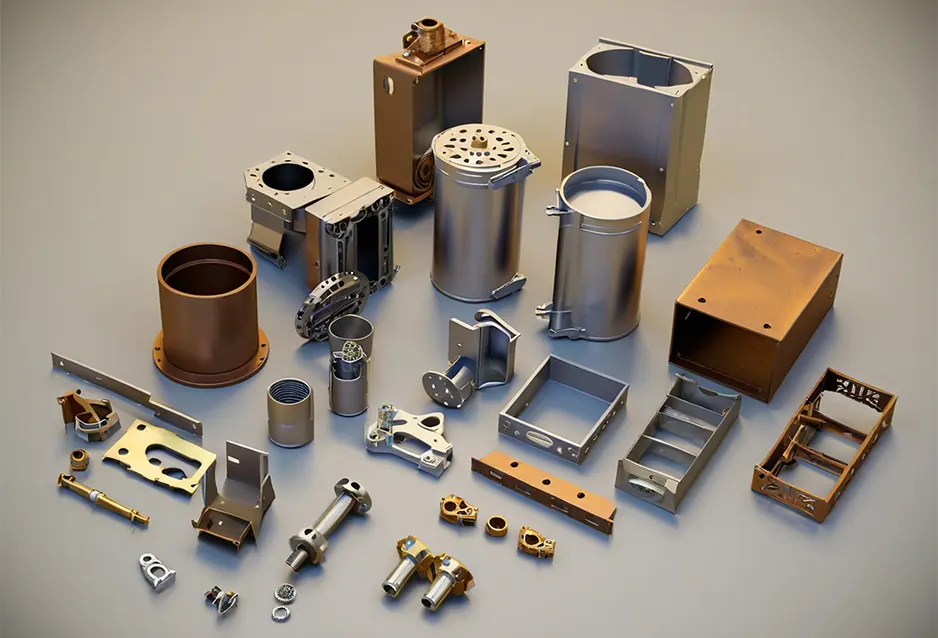
Industry Application
We manufacture millions of parts for a variety of applications, providing best-in-class products for different industries: Automotive, Medical, Robotics, Automation Equipment, Communications, Consumer Electronics, LED Lighting etc.
FAQs
What is your CNC machining capacity (how many machining machines do you have)?
What is the minimum accuracy of your CNC machining?
Is there a minimum order quantity (MOQ) for CNC machining?
What materials are CNC machining used for?
What are the advantages of CNC machining?
What are the application areas of CNC machining?
How long does it take to receive a part after an order is placed?
Manufacturing Resources
Start production of your parts today


